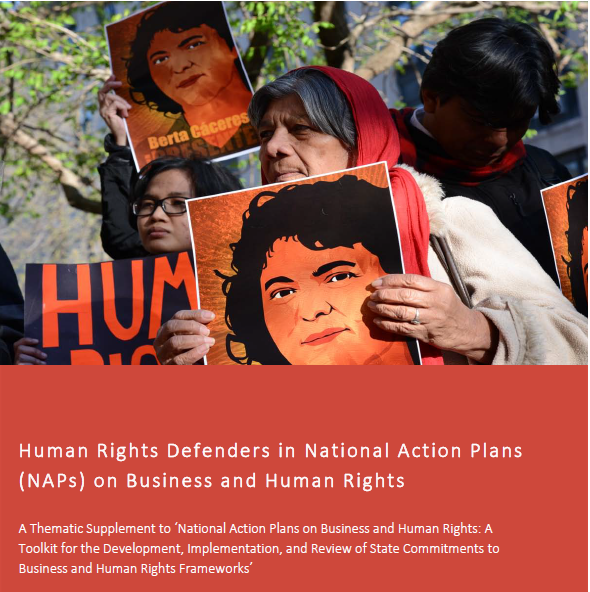
UN Guiding Principles and national action plans: A remedy for victims and human rights defenders?
In order to address the human rights abuses as well as the environmental damages caused by corporations in their supply chains, the legal framework on mandatory human rights and environmental due diligence has been introduced, adopted, and implemented in different regions. With France and Germany’s adoption of such legislation and the proposed directive on Corporate Sustainability Due Diligence at the EU level, much attention has been given to the developments in Europe in terms of such measures.
In Asia, the Japanese government has initiated a process to draft human rights due diligence guidelines applicable to supply chains of companies. The impacts of Japanese businesses are significant to Southeast Asian countries, where much of their supply chains are located. While guidelines may be welcomed as an initial step, civil society is pushing for more mandatory measures to keep companies in check. Learning from the shortcomings of the National Action Plans and their implementation, stakeholders have found it necessary to have mandatory human rights and environmental due diligence legislation in order to ensure the sustainability in the supply chains, to hold companies accountable, and to provide the means to access remedies for the victims.
Under such circumstances, and considering the linkages of these global linkages, the session aims at providing an opportunity to review the implementation of Natonal Action Plans, and to discuss Mandatory Human Rights and Environmental Due Diligence (MHREDD) as a way forward in respecting human rights in business.
Moderator: Pochoy Labog, Business & Human Rights Resource Centre
Panelists:
- Emilie Palamy Pradichit, Manushya Foundation
- Ivette Gonzalez, PODER
- Misa Norigami, Business & Human Rights Resource Centre
- Sarah Brooks, International Service for Human Rights
This event is organised and co-hosted by BHRRC, Manushya Foundation, ISHR, and PODER.
